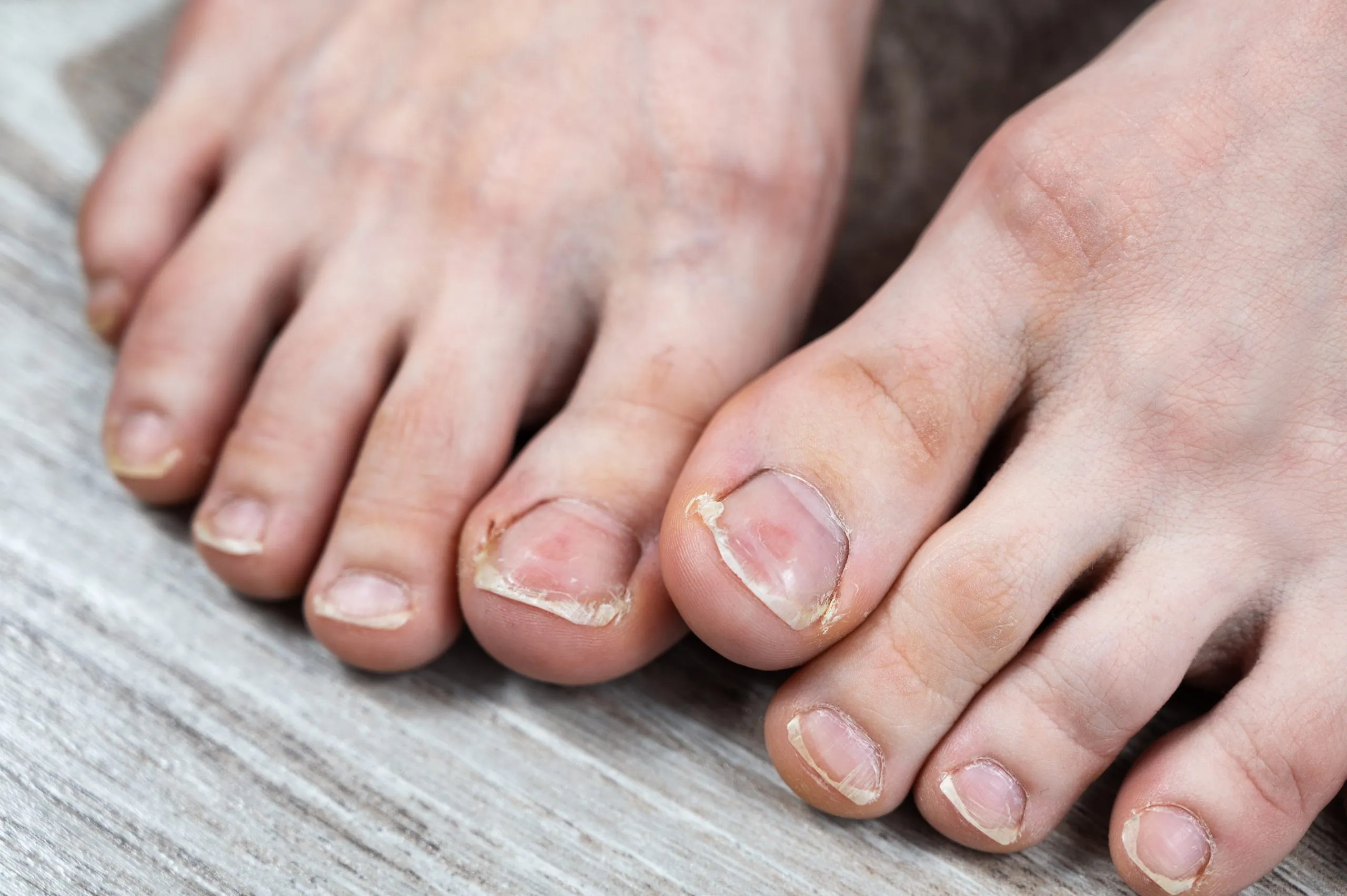An ingrown toenail, also known as onychocryptosis, is a condition in which a toenail develops into the flesh and enters it. This pressure on the flesh might cause skin irritation. In podiatry, ingrown toenails are a prevalent condition. However, if the problem is not addressed, the nail may become infected and uncomfortable. To avoid severe pain or infection worsening, it is critical to prevent them with the assistance of a podiatrist.
Let’s examine the most common symptoms, causes, and podiatry treatment options.
The main causes of an ingrown toenail
The development of ingrown toenails can be caused by a number of circumstances. While some people are affected by an inherited propensity, others are triggered by a variety of factors.
The four basic reasons are as follows:
- Hereditary ingrown toenails: Ingrown toenails can be passed on from generation to generation. If your parents have this problem, it’s likely that you will as well. Check with your family to determine if the issue has ever arisen.
- Ill-fitting shoes sometimes cause ingrown toenails: In general, if you wear uncomfortable shoes frequently, this could be the source of your toenail troubles. Make certain that the shoes you purchase are the correct size. Shoes that are too small leave insufficient room between your toes and the shoe’s end. This space must be large enough for your toes to rest flat against the sole and not rub on the shoe’s edges.
- Foot injuries that can cause ingrown toenails: Ingrown toenails can be caused by foot injuries, so if you play a sport that requires you to run or use your feet, you should be particularly cautious. It’s also a good idea to take off your shoes for at least 2 hours after your sport to give your toes a chance to breathe and recover from the shock.
- Poor foot maintenance: Your disease could be caused by poor foot care. To avoid ingrown toenails, you should clip your toenails on a regular basis. Continue reading to learn how to properly clip your nails.
Be warned that ingrown toenails can be excruciatingly painful, and they can even prevent you from walking. So, when it comes to taking care of your feet, be very cautious.
Preventive measures that can be implemented
There are various ways to prevent an ingrown toenail from forming. For instance, this can be avoided by taking appropriate care of your feet. Here are some helpful tips for preventing ingrown toenails in your everyday life:
- Maintain good foot hygiene
Foot hygiene plays an important part in preventing podiatric illness. To avoid bacteria from seeping into your shoes, make sure you wash them thoroughly. Trim your nails on a regular basis, so that they’re straight and slightly rounded at the corners.
- Avoid ill-fitting shoes to prevent ingrown toenails
Choose comfy shoes to avoid ingrown toenails. Shoes with a triangular stiletto heel should be avoided. Your toes will be squeezed together in these shoes. Also, choose socks that aren’t too tight on your feet and allow them to breathe.
- Take your shoes off now and then
When you’re at home, attempt to remove your shoes on a regular basis. If you exercise frequently, this tip is even more crucial. Running barefoot allows your toes to breathe and your fingernails to develop properly.
Ingrown toenail treatment at home
Ingrown toenails can be treated at home in a variety of ways. Keep in mind that your toenails are sensitive and require special attention.
Here are some suggestions for preventing an ingrown toenail from deteriorating:
- Soak your feet in a bath of hot salt water. The nail will be disinfected as a result of this. This should be done once or twice a day.
- Soak your feet in a bath of hot water and apple cider vinegar.
- Use dental floss to loosen the nail stuck in the flesh.
- Dry the foot: After cleaning and disinfecting with hot water baths, dry your feet well and protect them with a sterile pad.
PiedRéseau is the answer to all of your ingrown toenail problems
If you see an ingrown toenail, don’t hesitate to get treatment from a podiatrist if necessary. Our network includes roughly forty clinics around Quebec, all of which are staffed by specialized podiatrists who can answer your inquiries and successfully heal your feet.

